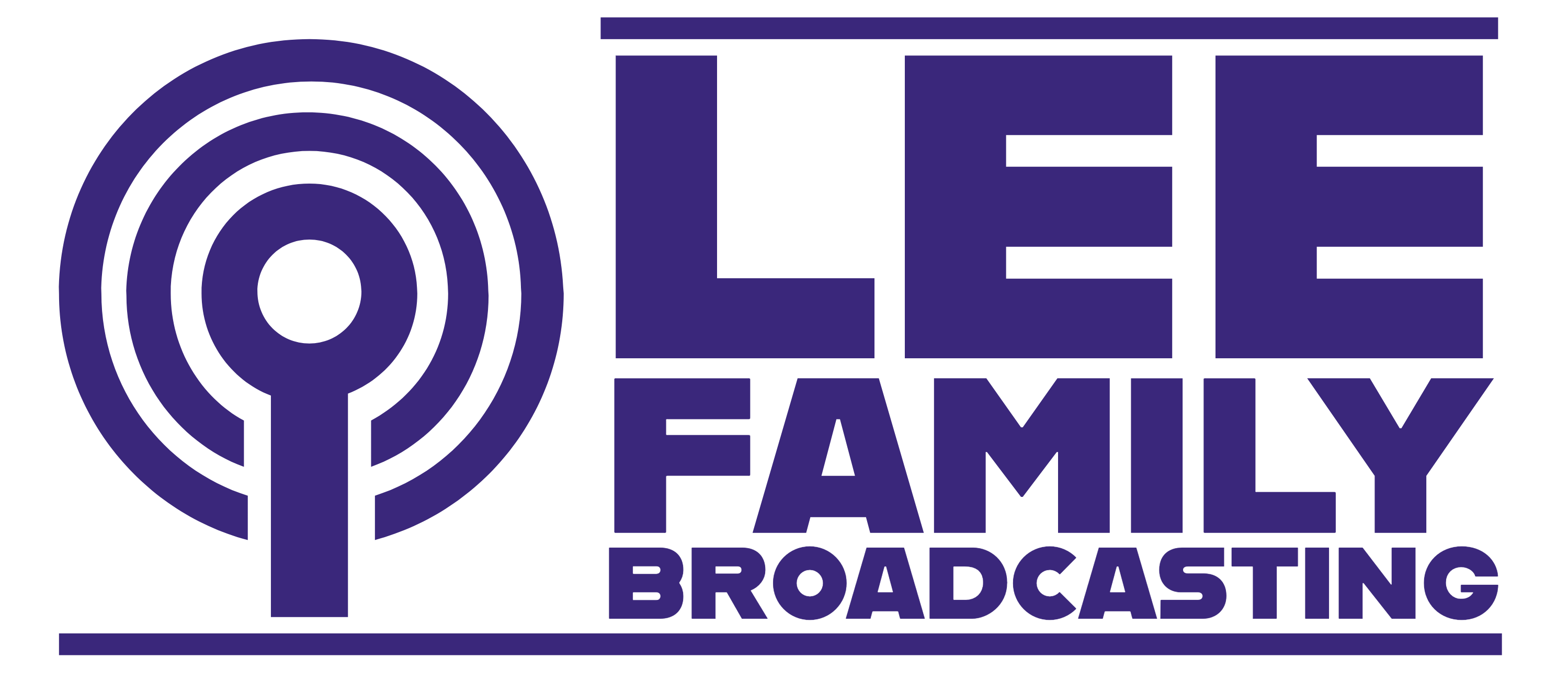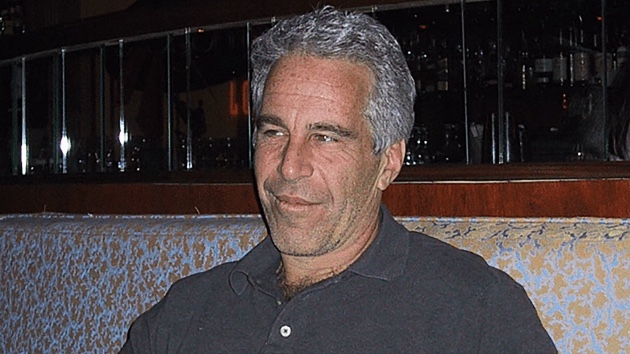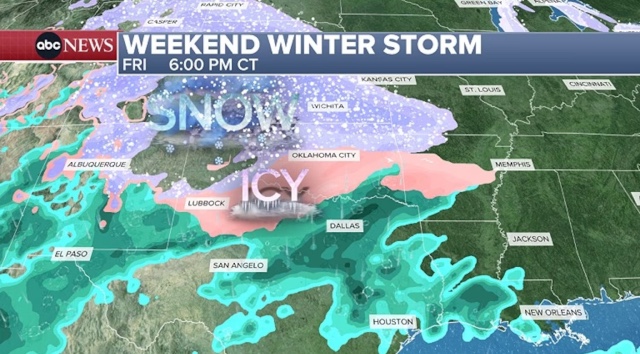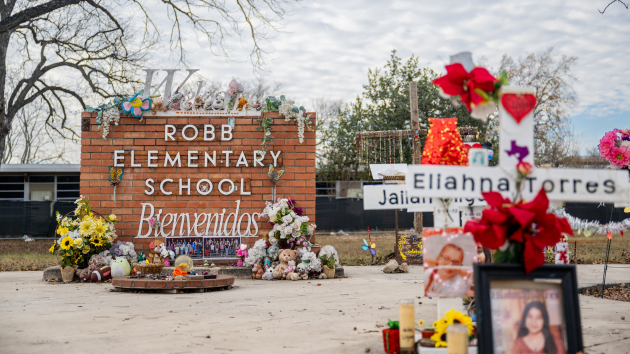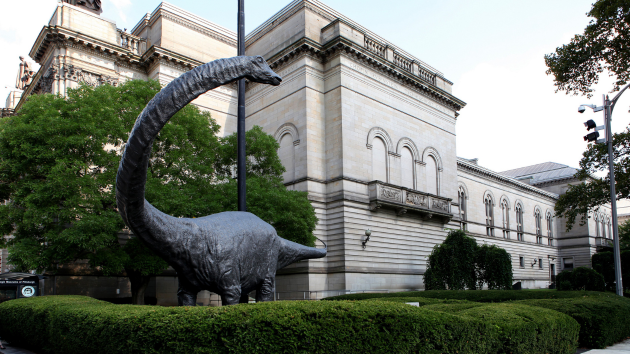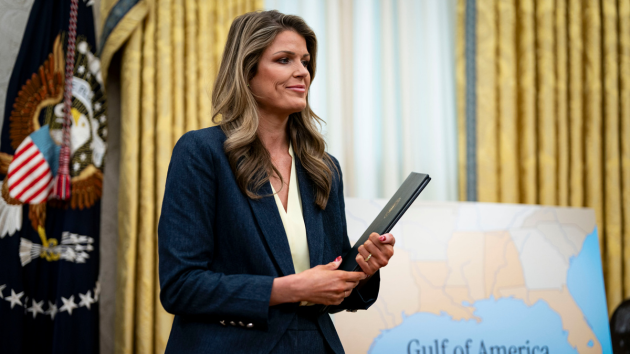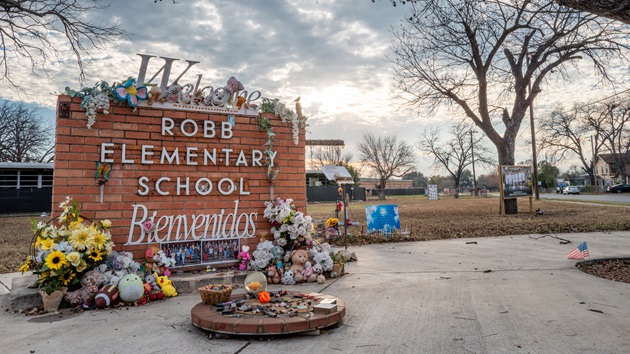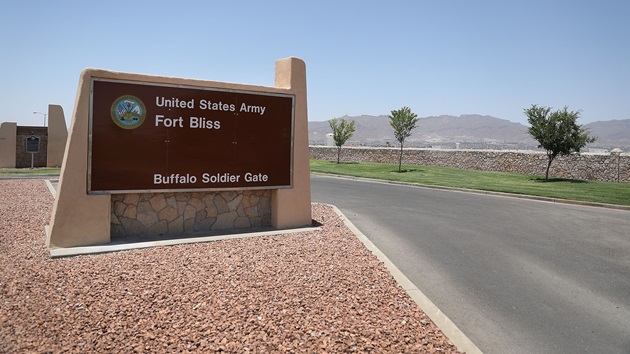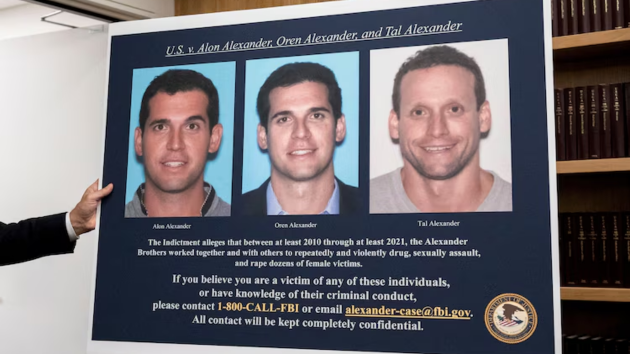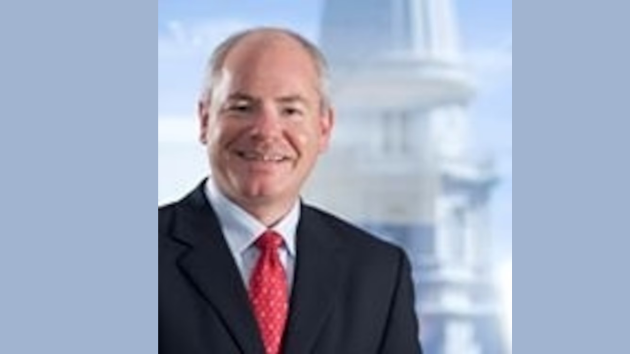
(WASHINGTON) — A Catholic school in Oklahoma is asking the Supreme Court to clear the way for it to become the nation’s first religious charter school funded directly by taxpayers.
Oral arguments will be heard in the landmark case on Wednesday, pitting claims of religious freedom against efforts to maintain strict separation of church and state.
The justices will be weighing whether the First Amendment, which prohibits a government role in establishing religion while also protecting an individual right to practice religion, means only nonsectarian organizations can qualify for Oklahoma’s charter schools program or whether faith-based groups are also eligible.
The case turns in large part on whether the state’s charter schools meet the definition of “public” schools and, as such, operate as extensions of state government.
“The claim in this case is not that government schools are allowed to be Catholic or religious. This is a claim that, in Oklahoma, charter schools are contractors,” said Rick Garnett, a constitutional law professor at the University of Notre Dame.
St. Isidore of Seville Catholic Virtual School, which was created by the Archdiocese of Oklahoma City and the Diocese of Tulsa in 2023, argues state funding for charter schools is made generally available to qualified organizations and that the state cannot discriminate on the basis of religion.
A series of recent Supreme Court decisions has made clear that taxpayer-funded public benefit programs, from school vouchers to state-run scholarships, must be equally available, even if a person or organization has a religious affiliation.
“It’s a pretty settled rule of the Supreme Court that once a government opens up a benefit program, it can’t discriminate on the basis of religion,” Garnett said of the school’s argument.
Oklahoma argues that its charter schools are part of the public school system and, under state law, must be “free, open to all, funded by the State, subject to state control, nondiscriminatory and nonsectarian.” Forty-five other states and the federal government have similar guidelines.
The state’s highest court ruled last year that taxpayer-funded religious schools would violate both the state and U.S. constitutions.
“In Oklahoma, the charter school law defines charter schools as public schools, so the case is sort of closed there,” said Rachel Laser, president of Americans United for Separation of Church and State.
“This school is run by the Catholic diocese in Oklahoma, and they say they will conduct themselves as a Catholic school according to the morality codes of a Catholic schools, which, read between the lines, means that they will discriminate against LGBTQ kids and families,” Laser said.
Oklahoma Attorney General Gentner Drummond, a Republican, said the state supports school choice and access to private religious education, including through the use of tax credits and state-funded tuition assistance. But in court documents, Drummond argued that charter schools are not simply “contractors” receiving a benefit.
“They are free, open to all, subject to anti-discrimination laws, created and funded by the State, and subject to continuing government regulation and oversight as to curriculum, testing, and a host of other matters,” the state said in its brief to the justices.
The state warned that a decision in favor of St. Isidore of Seville Catholic Virtual School would have “sweeping consequences” nationwide, upending charter school programs and the education of millions of students.
Advocates for the school say not allowing the Catholic school to receive charter school funding amounts to religious discrimination.
A decision in the case is expected by the end of June.
Copyright © 2025, ABC Audio. All rights reserved.
